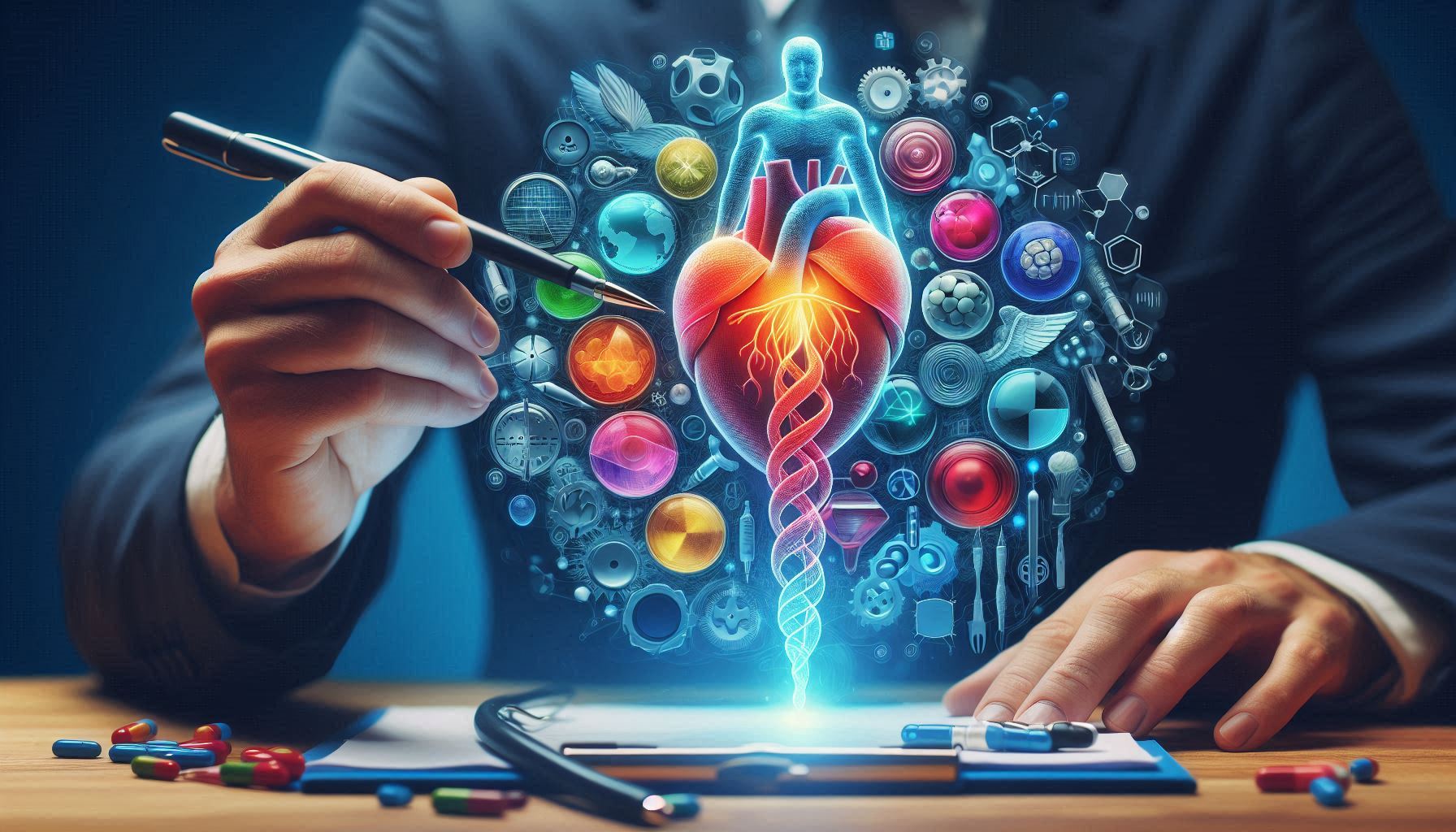The medical device industry is witnessing a wave of innovation that is transforming healthcare delivery across the globe. From artificial intelligence (AI) to robotics, new technologies are making healthcare more efficient, accurate, and accessible. Here, we explore some of the latest advancements in medical technology and what they mean for healthcare providers.
Artificial Intelligence and Machine Learning
AI and machine learning are revolutionizing the medical field by enabling more precise diagnostics, personalized treatment plans, and improved patient outcomes. These technologies are being used to develop algorithms that can analyze medical images, predict patient outcomes, and even assist in surgical procedures.
- Applications: AI is being used in radiology to detect abnormalities in imaging scans, in pathology for analyzing biopsy samples, and in cardiology for predicting heart disease risk.
- Impact: AI can help reduce diagnostic errors, improve workflow efficiency, and provide real-time decision support to clinicians, leading to better patient care.
Wearable Devices and Remote Monitoring
Wearable devices, such as smartwatches and fitness trackers, are becoming an integral part of healthcare. These devices can monitor vital signs, track physical activity, and even detect early signs of health issues.
- Applications: Wearable devices are used to monitor chronic conditions like diabetes and hypertension, provide real-time feedback to users, and transmit data to healthcare providers for ongoing monitoring.
- Impact: Remote monitoring allows for proactive healthcare, reducing the need for frequent hospital visits and enabling early intervention when problems are detected.
Robotics and Automation
Robotic technology is making surgeries less invasive and more precise. Robotic-assisted surgeries are becoming more common, allowing for smaller incisions, reduced pain, and faster recovery times.
- Applications: Robotics are used in minimally invasive surgeries, rehabilitation, and even in the automation of laboratory tasks.
- Impact: Robotics can improve surgical precision, reduce human error, and enhance the overall patient experience.
As these technologies continue to evolve, they hold the potential to revolutionize healthcare delivery. For healthcare providers, staying abreast of these advancements is crucial to offering cutting-edge care and improving patient outcomes.



Leave A Comment